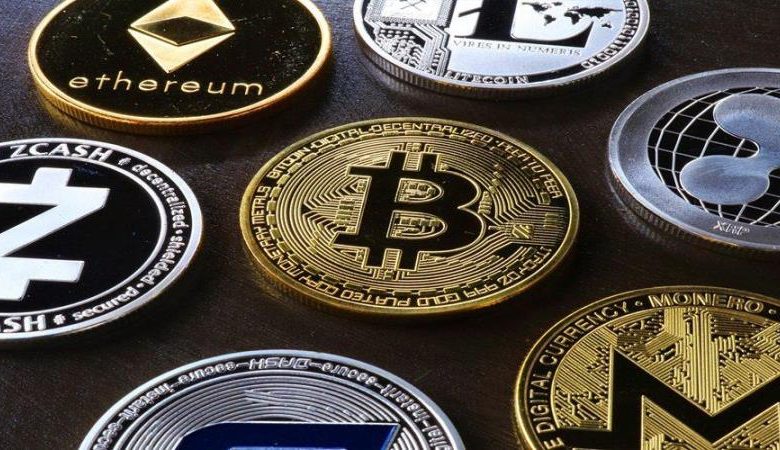The Future of Cryptocurrency Exchanges: Innovations and Trends to Watch

The Future of Cryptocurrency Exchanges: Innovations and Trends to Watch
Introduction
Cryptocurrency exchanges have revolutionized the way we trade and interact with digital assets. As the world becomes increasingly digital, the future of cryptocurrency exchanges holds exciting developments and innovations. In this blog post, we will explore the key trends and innovations that will shape the future of cryptocurrency exchanges.
Trends to Watch
1. Security and Regulatory Compliance
In the past, cryptocurrency exchanges have faced challenges in terms of security and regulatory compliance. However, with the increasing focus on investor protection and risk management, the future of cryptocurrency exchanges will see enhanced security measures and stricter compliance with regulations. This will help build trust and encourage wider adoption of digital assets.
2. Decentralized Exchanges (DEX)
Decentralized exchanges have gained popularity due to their trustless nature and resistance to censorship. Unlike centralized exchanges, DEX enables peer-to-peer trading without the need for intermediaries or third-party custody of funds. This trend is likely to continue in the future, as more users seek greater control over their assets and privacy.
3. Tokenization of Assets
Tokenization refers to the process of representing real-world assets, such as real estate, art, or equity, as digital tokens on a blockchain. This trend allows fractional ownership, liquidity, and easier transfer of traditionally illiquid assets. In the future, we can expect more cryptocurrency exchanges to support the trading and issuance of tokenized assets, expanding investment opportunities for individuals and institutions.
4. Cross-Chain Compatibility
As the number of blockchain platforms and cryptocurrencies continues to grow, interoperability between different networks becomes crucial. In the future, cryptocurrency exchanges will likely focus on cross-chain compatibility, allowing seamless transfers and trading between different blockchain networks. This will facilitate a more connected and efficient ecosystem for cryptocurrency enthusiasts and investors.
Frequently Asked Questions (FAQs)
1. Are cryptocurrency exchanges safe?
Yes, cryptocurrency exchanges have significantly improved their security measures over the years. However, it is important to choose reputable exchanges with robust security protocols and employ personal security measures, such as strong passwords and two-factor authentication, to protect your funds.
2. What is the difference between centralized and decentralized exchanges?
Centralized exchanges act as intermediaries, holding users’ funds and facilitating trades. On the other hand, decentralized exchanges operate on a blockchain network and allow peer-to-peer trading without a central authority controlling the funds. Each has its pros and cons, and the choice depends on individual preferences.
3. Can I trade traditional assets on cryptocurrency exchanges?
Some cryptocurrency exchanges now support the trading of tokenized traditional assets. These platforms enable the fractional ownership and trading of assets like real estate, stocks, and commodities. However, the availability of such assets may vary depending on regulatory frameworks and the specific exchange.
Conclusion
The future of cryptocurrency exchanges holds immense potential for innovation and growth. From enhanced security measures to the rise of decentralized exchanges and tokenization of assets, there are exciting trends to watch. It is important for cryptocurrency enthusiasts and investors to stay informed about these developments to make the most of this rapidly evolving landscape.



